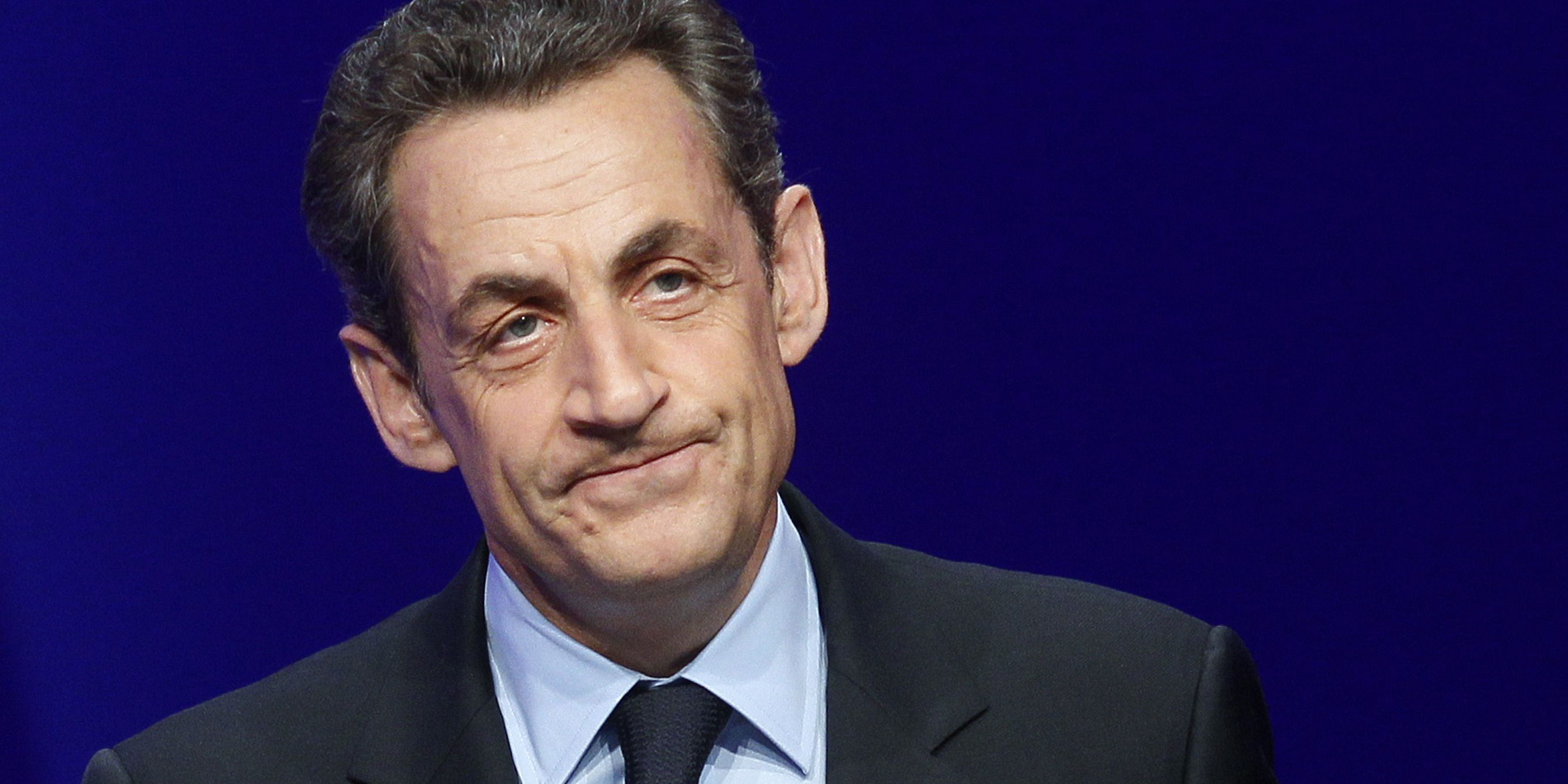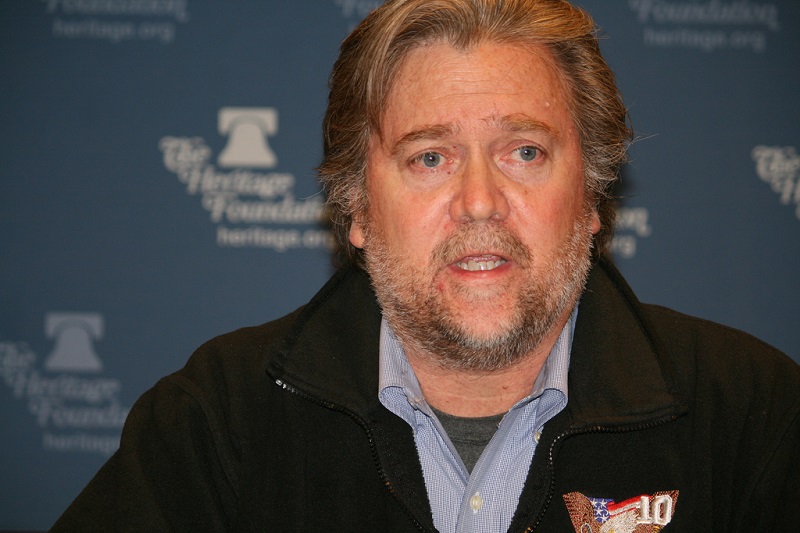With 142 executive orders signed in just 100 days, President Trump’s second term opened with a rapid consolidation of executive power. The orders targeted such key areas as border enforcement, foreign aid, and commitments to international institutions.
Immigration policy quickly emerged as a key instrument of executive overreach. Building on the hardline stance of Donald Trump’s first term, these directives revived and intensified border control policies. Rather than upholding immigration policy through democratic norms, respecting due process, human rights, and lawful procedure, the administration increasingly used it as a tool to send a broader political message.
This shift was immediately visible in the removal of the CBP One Smart App, one of the only digital pathways for migrants to seek protection. No alternative was offered. This move reduced access and set the tone for what followed. A new executive order soon directed officials to detain undocumented individuals “to the maximum extent authorized by law”, making mass detention standard practice and signaling a deliberate shift toward punitive enforcement.
Public messaging was mobilized to reinforce policy shifts and project an atmosphere of fear. The Department of Homeland Security, under Secretary Kristi Noem, launched ads declaring, “Leave now, if not we will find you and we will deport you.” Though framed as a warning to undocumented migrants, the message had broader implications, contributing to a climate of fear affecting all immigrants.
Even those with legal status were not immune to this erosion of legal norms. Canadian actress Jasmine Mooney, despite holding a valid work visa, was reportedly detained by ICE for two weeks. Her case illustrates the breakdown of legal safeguards and raises serious concerns about due process and equal protection under the law.
The logic of exclusion applied to refugee policy reveals further politicization of immigration. The administration labeled Afghan and Iraqi interpreters who had assisted U.S. forces as “detrimental”, while considering special protections for white South Africans. What emerges is not a coherent immigration policy, but a system of inclusion and exclusion that contradicts moral obligation.
The same disregard for institutional norms extended to the realm of foreign policy. In 2019, Trump withheld $391 million in congressionally approved military aid to Ukraine just days after President Zelensky declined to announce investigations into Joe Biden’s son. The Government Accountability Office later ruled it illegal, confirming that constitutional duties had been subordinated to personal political objectives.
After a tense Oval Office meeting with Zelensky on February 28, 2025, the White House froze new arms shipments and intelligence sharing with Ukraine. By July, there was another decision to pause the shipments based on the “America First” policy, even as Russia launched its heaviest airstrikes in months. Although Trump later announced the resumption of “defensive weapons primarily”, Pentagon officials acknowledged that the freeze had already impacted Ukraine’s ability to defend itself.
The use of presidential power to protect political allies further illustrates Trump’s disregard for legal accountability. His decision to pardon dozens of individuals involved in the January 6 Capitol attack exemplifies a governing style that prioritizes loyalty over legality. These were not marginal actors, but key participants in a violent attempt to overturn a democratic election. The pardons sent a clear message: allegiance to Trump can excuse criminal conduct.
The administration’s pattern of undermining judicial authority complements its broader rejection of institutional limits. Trump’s officials repeatedly sidestepped court orders through ambiguity and procedural evasion. This erosion of legal norms extends beyond U.S. borders, raising serious concerns for NATO and other international institutions. Trump’s withdrawal from the World Health Organization, coupled with his repeated criticism of NATO — calling it “obsolete” — prompted Congress to pass legislation requiring congressional approval for any future departure from the alliance. However, given his track record of defying congressional constraints, these threats cannot be dismissed as rhetorical. Weakening NATO would strain decades of defence cooperation and embolden adversaries such as Russia by projecting a disunited West. In this broader context, Trump’s leadership represents more than a domestic challenge to constitutional governance; it stands as a destabilizing force with far-reaching implications for global security.
Trump’s presidency is not simply marked by policy shifts, but by a systematic effort to bend the law, institutions, and alliances to serve personal and political goals. If the first term tested democratic norms, the second shows how easily they can be dismantled from within.
Photo: Donald Trump speaking to supporters at an immigration policy speech at the Phoenix Convention Center in Phoenix, Arizona. August 2016. Gage Skidmore from Peoria, AZ, United States of America. Accessed via Wikimedia Commons, licensed under CC BY-SA 2.0.
Disclaimer: Any views or opinions expressed in articles are solely those of the authors and do not necessarily represent the views of the NATO Association of Canada.





